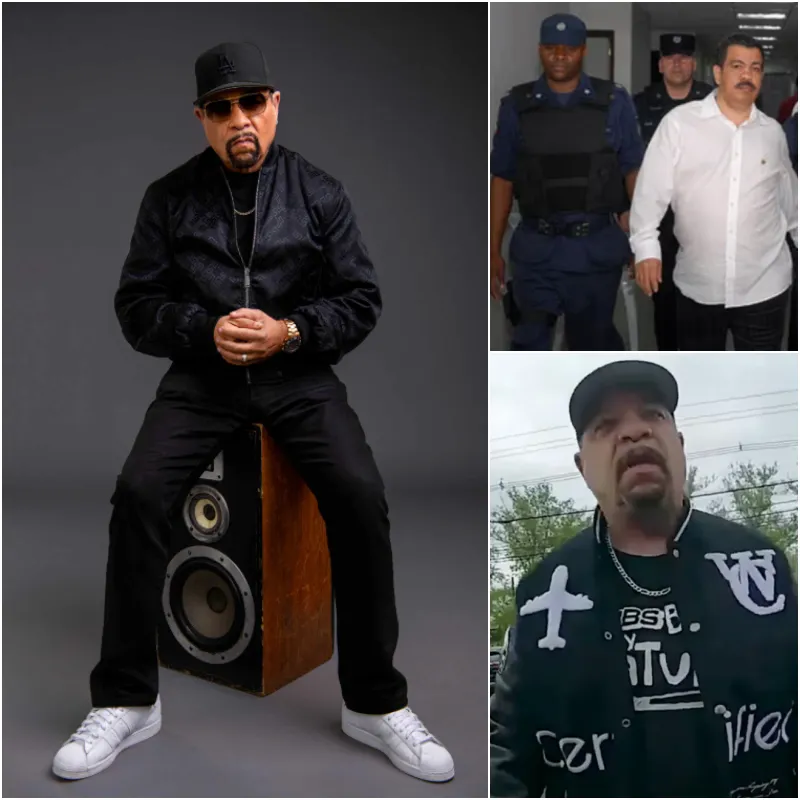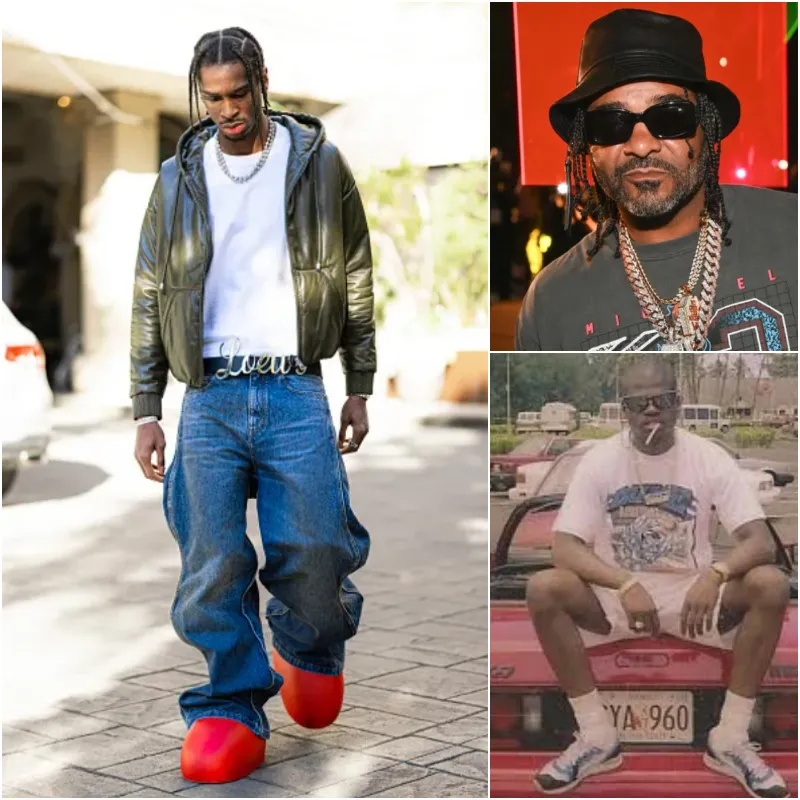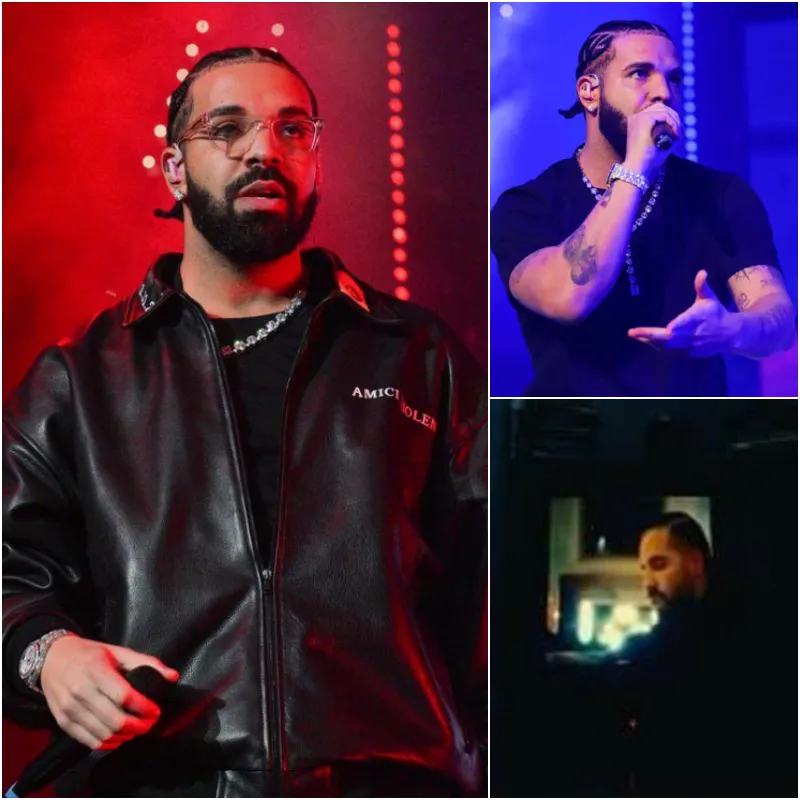Chris Jones: Hero or Villain in the Battle for Change?
In the heart of a nation struggling with social and political upheaval, one figure stands at the center of swirling controversy—Chris Jones. Depending on whom you ask, he is either a champion of progress or a harbinger of chaos. As communities grapple with pressing issues, the question lingers: is Chris Jones a hero or villain […]

In the heart of a nation struggling with social and political upheaval, one figure stands at the center of swirling controversy—Chris Jones. Depending on whom you ask, he is either a champion of progress or a harbinger of chaos. As communities grapple with pressing issues, the question lingers: is Chris Jones a hero or villain in the battle for change?
The Rise of Chris Jones: A Symbol of Hope or Discontent?
Chris Jones emerged from humble beginnings, rising through the ranks as a passionate advocate for social justice. His early years were marked by a relentless pursuit of equality, which he believed could be achieved through activism and reform. Whether he was fighting for education rights, affordable housing, or environmental protection, Jones captivated audiences with his eloquent speeches and passionate pleas for justice.
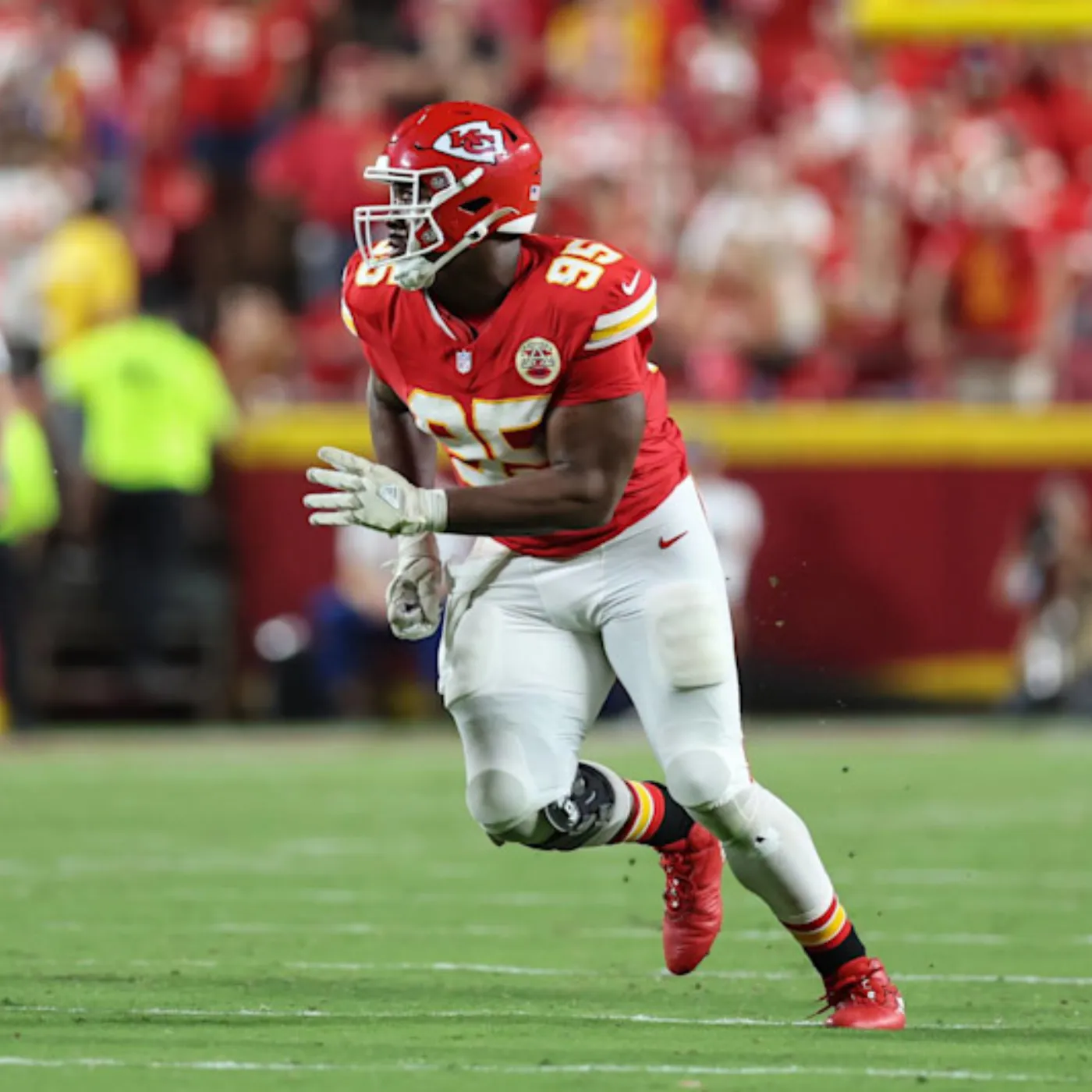
However, his ascent to prominence did not come without controversy. Critics argue that Jones’s methods are divisive and incendiary. They claim that he often resorts to confrontation instead of collaboration, alienating potential allies in the process. Protests have erupted in response to his calls for radical change, with some labeling him as a reckless provocateur.
Yet supporters see a different picture. They argue that Jones embodies the frustration of a generation that feels unheard and marginalized. His bold approach resonates with many who believe traditional methods of activism have failed to produce meaningful results. The urgency of the issues at hand demands a leader willing to challenge the status quo, and to his supporters, Chris Jones fits that role perfectly.
The Divided Landscape: Public Perception and Media Portrayal
As the debate rages on, the media’s portrayal of Chris Jones plays a pivotal role in shaping public perception. Articles, interviews, and social media threads often paint contrasting pictures of this enigmatic figure. Some media outlets herald him as a visionary, while others depict him as a dangerous radical. This dichotomy fuels curiosity and drives the narrative surrounding Jones—a true master of public relations, whether intentionally or not.
Recent headlines have intensified the discourse, with sensationalized claims about his alleged affiliations and motivations. Critics allege that Jones is backed by shadowy organizations with ulterior motives, suggesting that his push for change is not rooted in altruism but rather in a quest for personal power. Such assertions only add to the mystique surrounding him, prompting questions: Who is really pulling the strings? What is the endgame for Chris Jones?

The polarized landscape leaves the public grappling with conflicting narratives. For every passionate supporter who rallies behind Jones, there is an equally vocal detractor ready to dismiss him as a charlatan. In a world inundated with information, discerning the truth from the rhetoric becomes increasingly challenging.
The Future of Activism: A Reflection on Change and Identity
As we consider the implications of Chris Jones’s influence on social movements, it’s essential to reflect on the broader context of activism in today’s world. Is his brand of confrontational politics the future of change, or a dangerous path that could lead to further division? The answer may lie in how society navigates the complexities of modern advocacy.
For many, Jones represents a call to action—a reminder that complacency is no longer an option. He challenges individuals to confront uncomfortable truths about inequality, injustice, and environmental degradation. In a time when apathy can feel like the default response, Chris Jones sparks a necessary dialogue about responsibility and accountability.
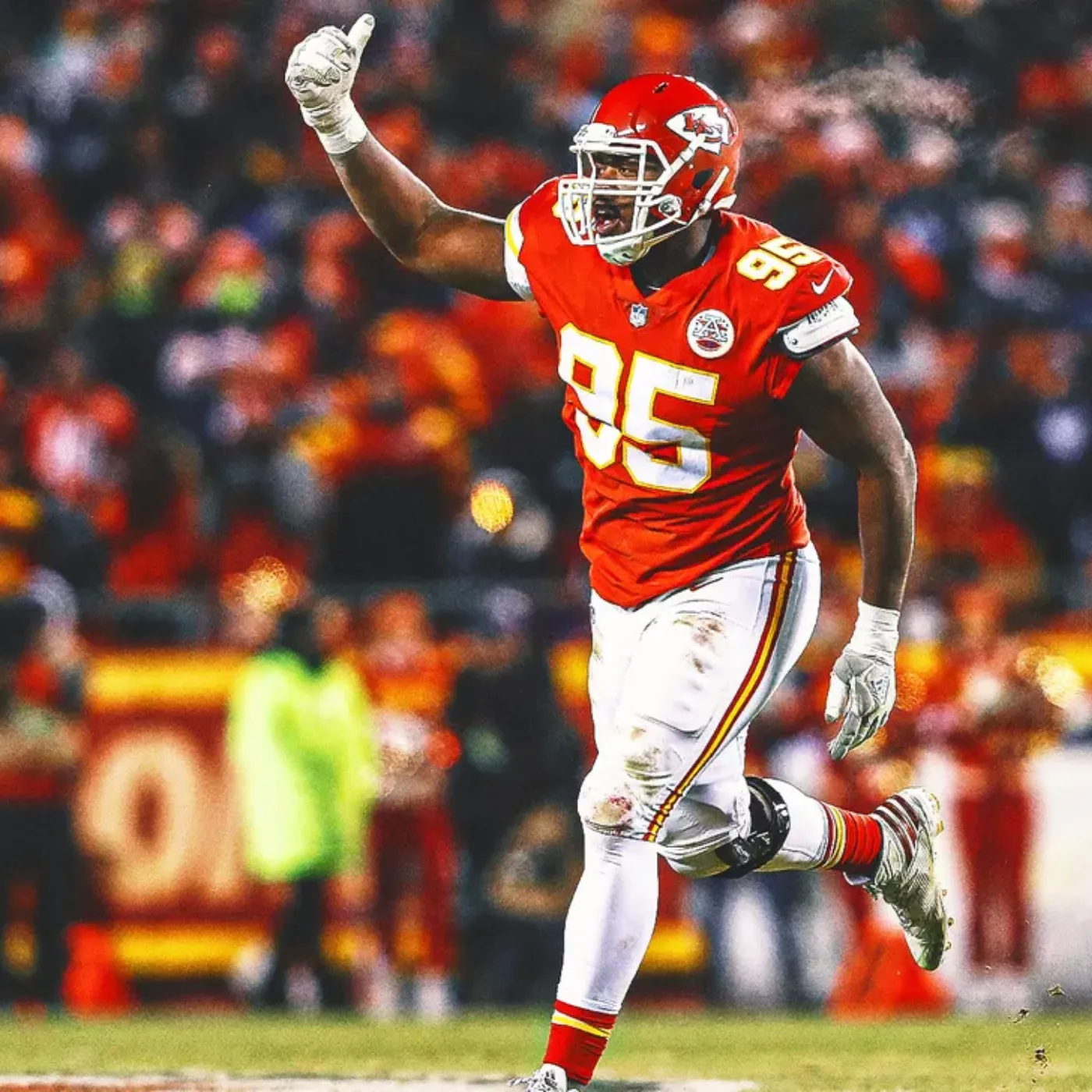
However, as supporters rally around Jones, it is crucial to consider the long-term impact of his approach. Will his methods cultivate lasting change, or will they foster resentment and backlash? The future of activism may depend on the ability to bridge divides and foster unity while addressing systemic issues.
As 2024 approaches, the fate of Chris Jones remains uncertain. Will he rise as a hero, celebrated for his unwavering commitment to change, or will he be cast aside as a villain, an embodiment of the very chaos he sought to dismantle? The answer is a mystery, one that will unfold as society grapples with the complex dynamics of activism and the ever-evolving landscape of social justice.
In the end, Chris Jones: Hero or Villain in the Battle for Change? may be a question without a definitive answer. Yet, one thing is clear: his story is emblematic of a larger struggle—one that invites each of us to engage, reflect, and choose a side in the ongoing quest for justice and equality. The choice may be ours, but the battle for change is far from over.
